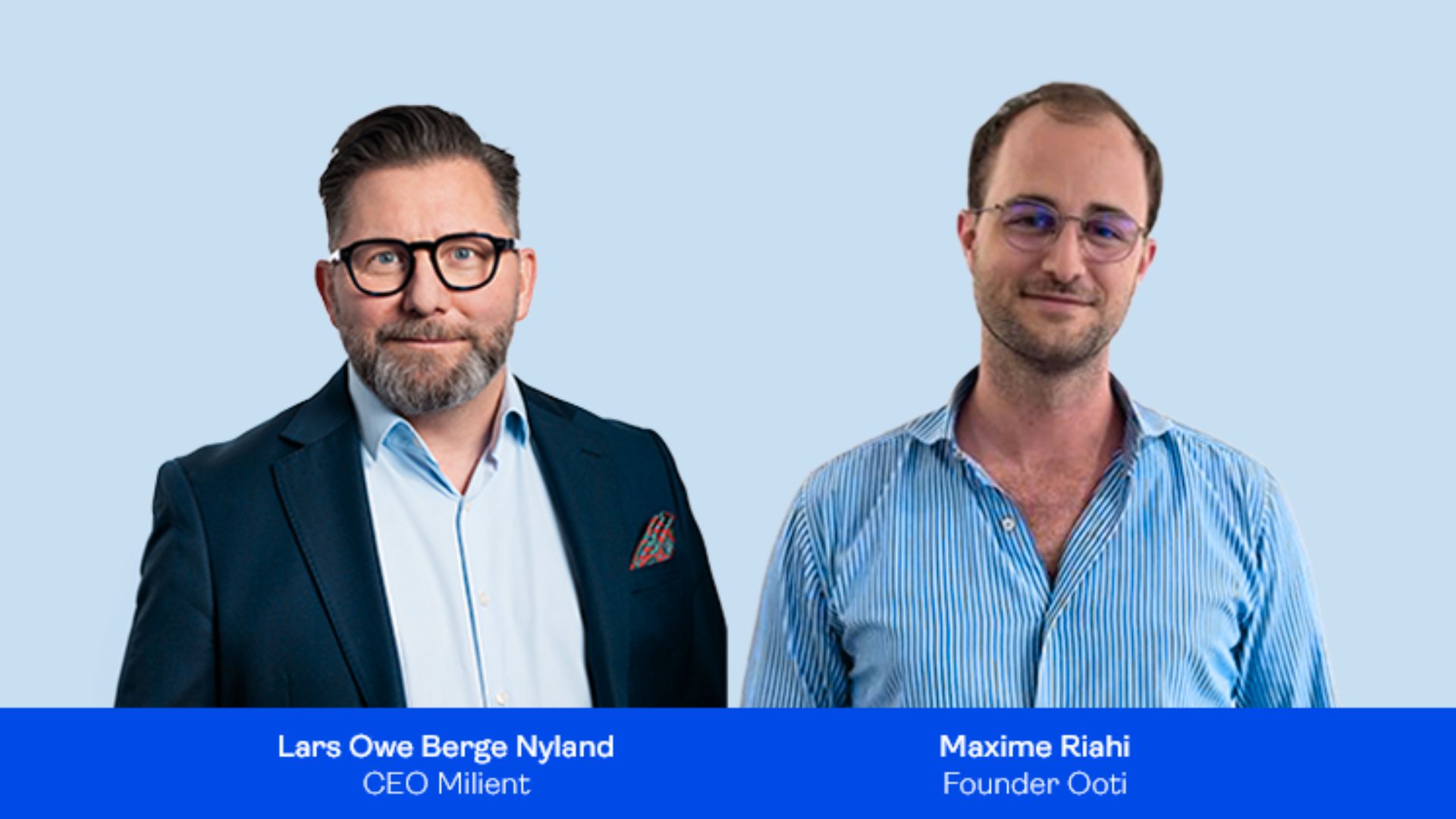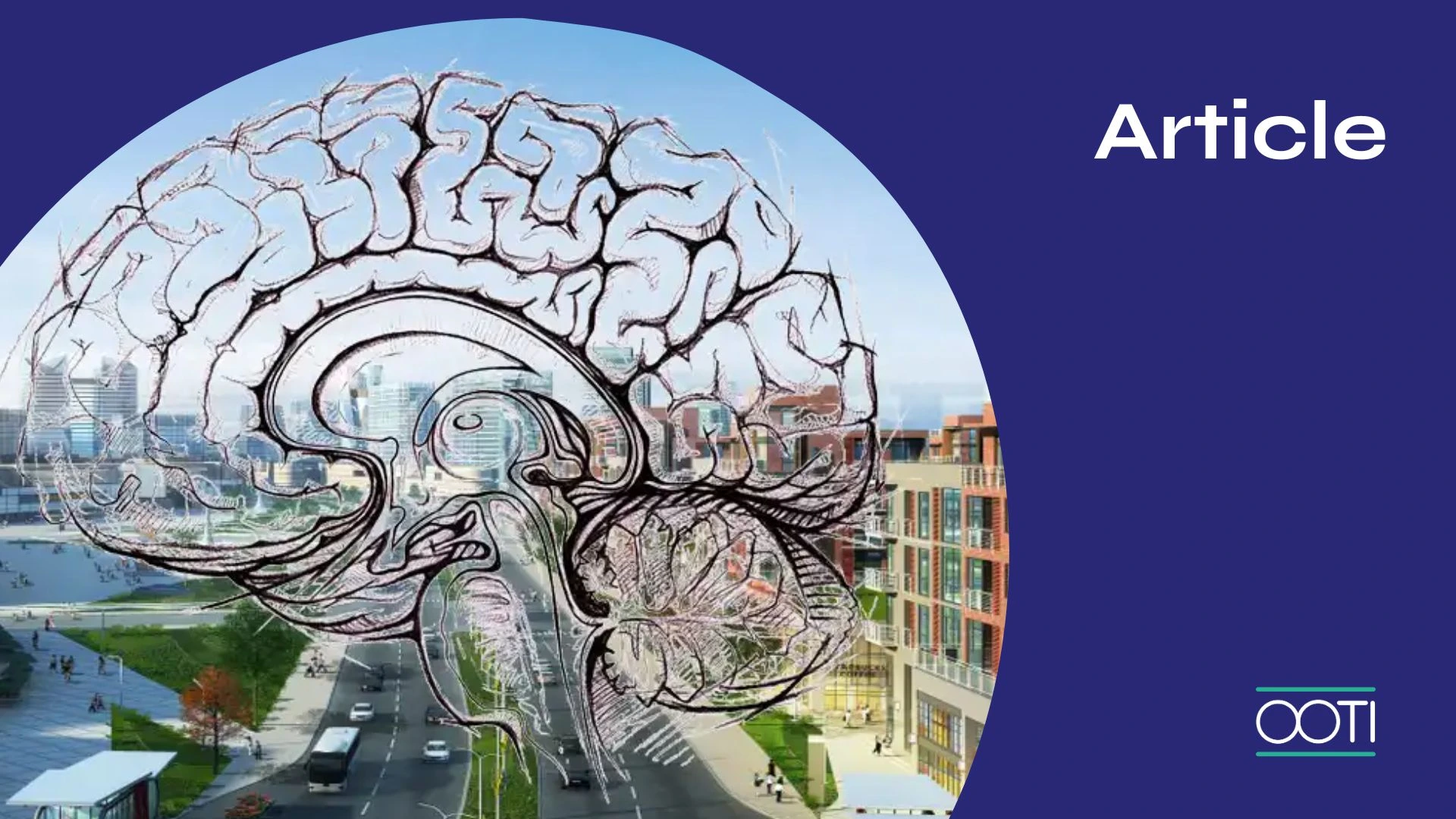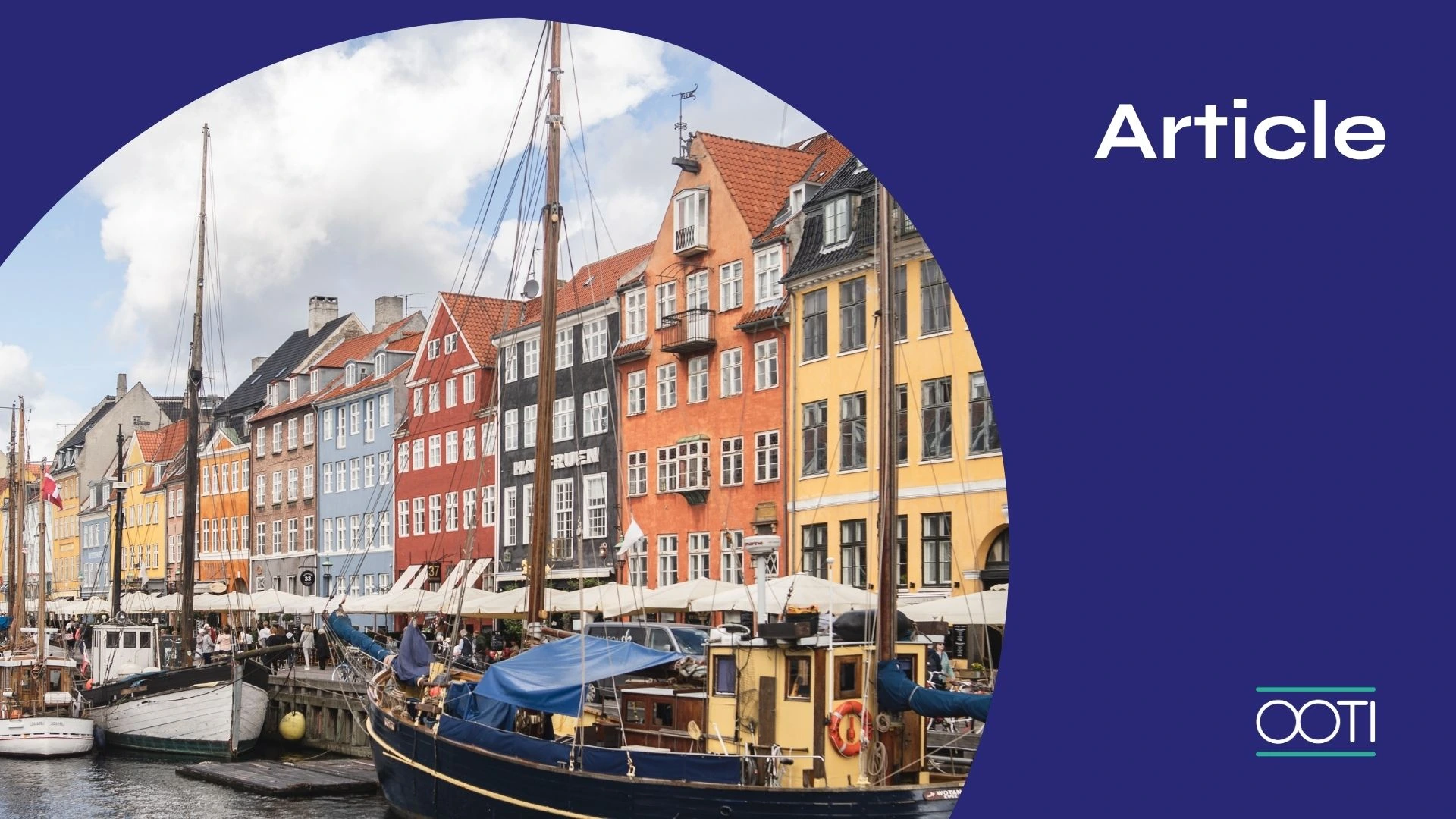
Architecture Degrees : The evolution from DPLG to DE-HMNOP
.png)
30,000. That's the number of architects in France in 2022, according to the Order of Architects. This figure reflects the enthusiasm for this profession. Every architect follows a unique path, but they all share a common foundation: a qualifying degree. From the legendary DPLG, the ultimate gateway for generations of architects, to the current State Diploma, initial training has continually adapted to contemporary challenges. Let's not forget the valuable HMONP, which opens the doors to independent practice. These are all milestones that testify to the profession's evolution, balancing tradition and modernity. OOTI takes a detailed look at the history and evolution of the essential degrees in the field.
Diploma by Government (DPLG)
The DPLG degree is the oldest and most prestigious architectural degree in France. It was created in 1914 through a decree that recognized the title of DPLG architect awarded by the École des Beaux-Arts. The 1977 architecture law later established the architects' monopoly on building design. The DPLG existed until 2007 when it was replaced by the State Diploma of Architect (DEA) and the authorization to practice project management independently (HMONP).
To enter DPLG studies, one had to pass an entrance exam at the École des Beaux-Arts after high school or a preparatory class. The duration of the studies varied from 5 to 7 years depending on reforms, with the possibility of a gap year between two cycles. Mandatory internships in an architectural firm or a related organization were also required.
The DPLG program was multidisciplinary, combining theory and practice in areas such as architectural history, urban planning, sociology, law, economics, drawing, model making, project management, construction, and more. The final thesis project consisted of a personal architectural design work.
The DPLG opened up numerous possibilities for practicing the architectural profession and was recognized at both national and European levels. Today, the equivalent degree is the State Architect Diploma (DEA) combined with the authorization to practice project management independently (HMONP).
State Architect Diploma (DEA)
The State Architect Diploma (DEA) is the current architectural degree in France. Its modalities were established by the decree of July 20, 2005, and it follows the LMD (Licence-Master-Doctorate) framework. The DEA grants a master's degree and allows graduates to work as architects, typically as employees in architectural firms.
Access to DEA studies involves the evaluation of candidates' academic records (after obtaining the baccalaureate) and an interview before a jury. Successful completion of these steps enables admission to one of the 20 national schools of architecture (ENSA). The curriculum lasts for 5 years, comprising 3 years of undergraduate studies and 2 years of master's studies. It is possible to spend a semester abroad at a partner university. The program also includes a mandatory 6-month internship at an architectural firm and the completion of a final thesis project.
The State Architect Diploma offers a versatile and interdisciplinary education that blends theory and practice. Students acquire architectural, scientific, and humanistic knowledge, enabling them to design projects in architecture, urban planning, landscape, heritage, and more. They benefit from the guidance of qualified professors and access to ENSA facilities.
The State Architect Diploma provides opportunities for continuing education, allowing graduates to further specialize or pursue a doctorate or HMONP to obtain the title of architect authorized to practice project management independently. This is a significant achievement for many students and one of the primary motivations for becoming architects.
State Diploma and Authorization to Practice Project Management Independently (DE-HMONP)
The State Diploma in Authorization to Practice Project Management Independently (DE HMONP) represents a crucial step in the training path for architects in France. It is recognized by the government and the Order of Architects, enabling architects to oversee projects independently. The program is open to holders of a DEA degree, as well as to employees with professional experience, which can be validated through a process known as Validation of Professional Acquired Skills (VAP).
The HMONP program, defined by the decree of April 10, 2007, consists of a theoretical training of at least 150 hours and a professional work experience of a minimum of six months. The theoretical training aims to provide in-depth knowledge in three main areas: the personal responsibilities of the project manager, project economics, and regulations and construction standards. This theoretical component is complemented by practical experience, allowing future architects to become familiar with the realities of the profession and develop practical skills.
These degrees, from the historic DPLG to the recent DE-HMONP, reflect the constant evolution of the architectural profession. These adaptations are necessary to align with economic realities and meet the aspirations of new generations. While degrees may evolve, some challenges persist for architectural firms: managing administrative and regulatory complexity, optimizing production processes, and facilitating collaboration. These time-consuming tasks can divert architects from their core mission of architectural design.
Fortunately, there are now specialized software solutions for agency management, such as OOTI. Designed by architects for architects, OOTI centralizes all your projects in a few clicks and optimizes your internal processes. Estimates, invoices, schedules— all your tools are unified on an intuitive platform. Contact us to request a demonstration.


















.jpg)










.jpg)














